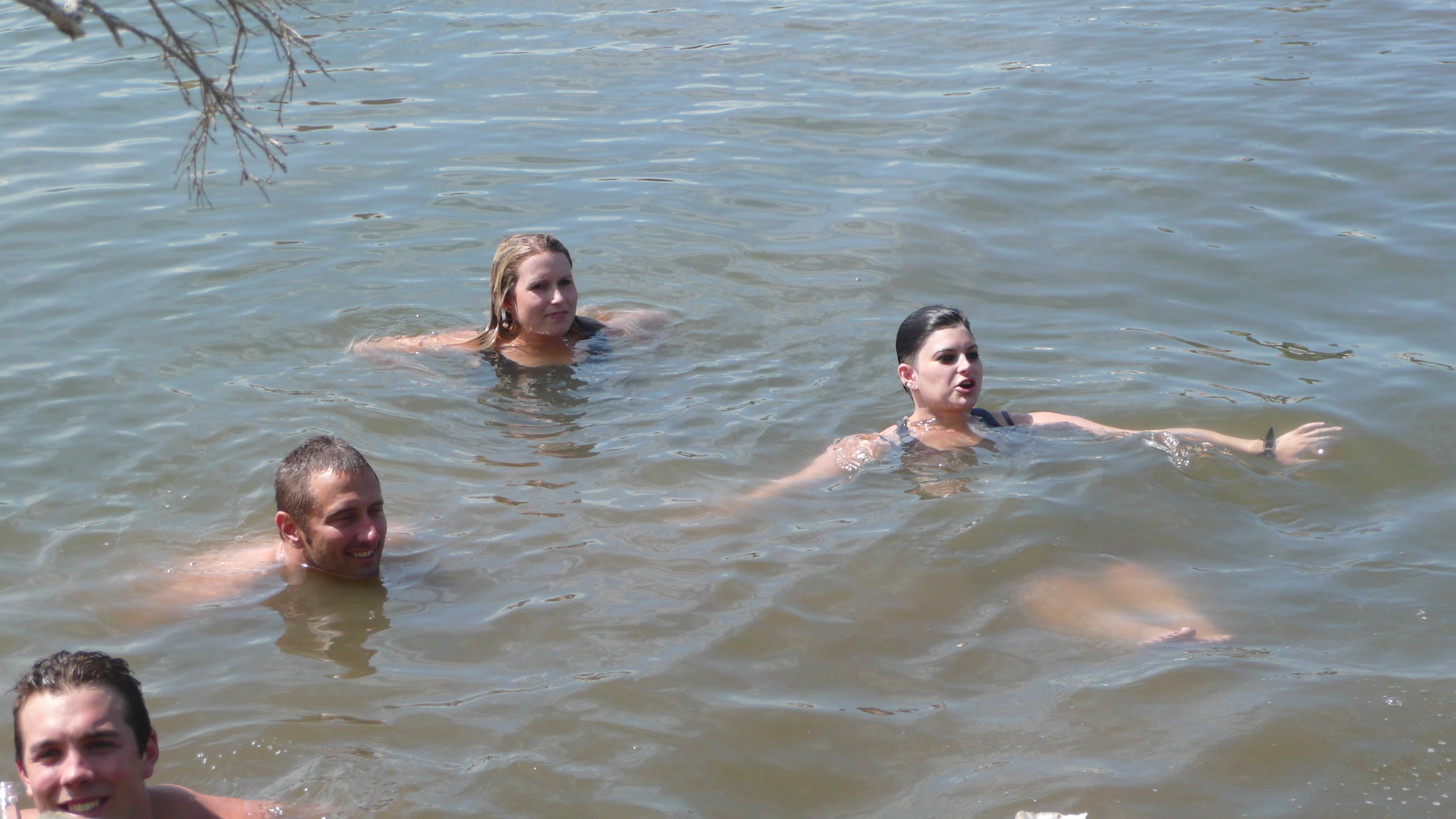With temperatures exceeding 30 degrees in recent heatwaves, the popularity of wild – or outdoor – swimming that acted as an antidote to pandemic loneliness, has moved up a gear, as people head to Britain’s lakes and rivers to cool down and reap the many physical and mental rewards of swimming in the great outdoors.
And it’s not just in Britain. Around the world open swimming has become hugely popular in recent years, partly due to its positive impact on wellbeing. In the ‘constantly connected’ online age, wild swimming provides the chance to digitally detox, reconnect with nature, and experience a unique sense of freedom.
Such is the growing popularity and prestige of wild swimming that the FINA World Aquatics Championships 2022 in Budapest is hosting Open Water Swimming events from 26 – 30 June.
If you are planning on enjoying some wild swimming this summer, it’s worth remembering that sharing water with the UK’s impressive wildlife should be done so in an environmentally conscious and sustainable way, with respect for the climate and environment.
True, water companies have been doing a very good job of trashing the country’s rivers and waterways in recent years (sop you should always check that your desired location is actually safe), but that doesn’t mean you shouldn’t look out for the ducks, fish and other water life too.
How to respect the environment when outdoor swimming?
Use an eco-friendly sunscreen
Ingredients found in many sunscreen products, such as octinoxate and oxybenzone, can be toxic to marine species. Being chemical-free, made from organic ingredients, while offering protection from UVA and UVB rays, environmentally friendly sunscreen is the perfect choice when swimming in environmentally sensitive ecosystems.









